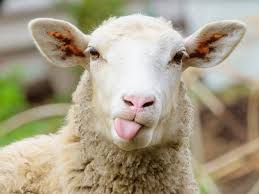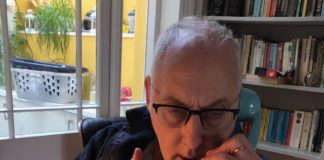- Massaging the truth - 27th February 2026
- ‘It’s the new economy, stupid…’ - 27th February 2026
- Eyes right… - 26th February 2026
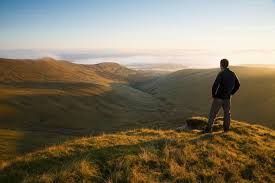
News that the Brecon Beacons National Park is changing its name to Bannau Brycheiniog (its Welsh title – which means the peaks of Brychan’s kingdom), has provoked a storm of controversy, but using the correct designation is critical.
After 23 years with the BBC, and a 39 year career in the media (when he was trained to use simple language, avoiding jargon), here our Editor Phil Parry talks about why using accurate names has always been paramount.

Earlier he has described how he was helped to break into the South Wales Echo office car when he was a cub reporter, recalled his early career as a journalist, the importance of experience in the job, and making clear that the ‘calls’ to emergency services as well as court cases are central to any media operation.
He has also explored how poorly paid most journalism is when trainee reporters had to live in squalid flats, the vital role of expenses, and about one of his most important stories on the now-scrapped 53 year-old BBC Cymru Wales TV Current Affairs series he presented for 10 years, Week In Week Out (WIWO), which won an award even after it was axed, long after his career really took off.
 Phil has explained too how crucial it is actually to speak to people, the virtue of speed as well as accuracy, why knowledge of ‘history’ is vital, how certain material was removed from TV Current Affairs programmes when secret cameras had to be used, and some of those he has interviewed.
Phil has explained too how crucial it is actually to speak to people, the virtue of speed as well as accuracy, why knowledge of ‘history’ is vital, how certain material was removed from TV Current Affairs programmes when secret cameras had to be used, and some of those he has interviewed.
He has also disclosed why investigative journalism is needed now more than ever although others have different opinions, and how information from trusted sources is crucial at this time of crisis.
Along with having a good image, it has always been vital to use the right names.
As someone from the South Wales borders I have long known my local wild area as the BRECON BEACONS, and I must admit adjusting to it now being ‘Bannau Brycheiniog’ (even if as we are told it is ‘unofficial’) is a little difficult.
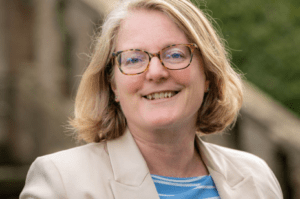
However, I acknowledge the statement from park officials that it will “better reflect the park and the world we live in today”.
Catherine Mealing-Jones, the park’s Chief Executive, said that it was important to have a name that “meant something to the people of the area.
“Using the new name isn’t compulsory.
“It’s something that we as an organisation are going to put the emphasis on and we hope people will use it and that they’ll use it as a gateway into learning a little bit more about the area”.
![]()
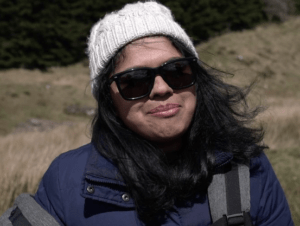
Initially, at least, the name change was cautiously welcomed by some.
Resmi Satheesan, a holidaymaker who is originally from India and is currently based in St Albans, Hertfordshire, visits the park often with her family, and said about it: “I think it will take us a while to get used to the name, but I wouldn’t mind the change”.
However, while welcoming it, Laura Howell, from the Gower, Swansea, sounded a note of caution: “People will probably keep calling it the Brecon Beacons I imagine, but for those who are Welsh speakers it’s a bit of pride and I think it’s great that it will be referred to the Welsh way of saying it”.
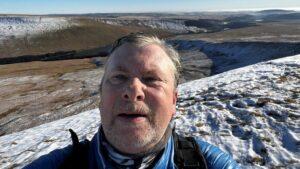
Mark Jones, from Mountain Ash, Rhondda Cynon Taf, was also doubtful, although welcoming it too: “The vast majority of people in Wales are not Welsh speakers as their first language and they will continue to call it the Brecon Beacons.
“I feel it is political and being forced on people slightly. They are making a big point out of it but the reality is people are still going to call it the Brecon Beacons.”
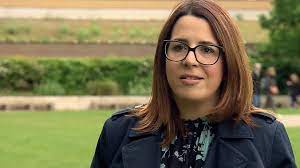
The Conservative MP for Brecon and Radnorshire, Fay Jones, was worried as well, and said she had had no prior notice about the name change.
“I think a lot of people were a little taken aback by this decision,” she said.“People who live and work in the national park… want to celebrate Welsh culture. But why not use the Welsh name alongside the English name?”.

Ms Jones said she had received several messages of concern from constituents and had been “talking to a local business owner this morning who asked if she’d missed a consultation of a chance to feed in her views”.
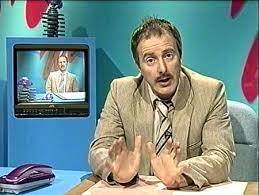
A David Gordon from Cardiff, sent a furious letter to the South Wales Echo (SWE).
Under the headline: “They will remain the Brecon Beacons”, he said angrily: “It’s time the vast majority of anti-Welsh woke people spoke out. As far as I’m concerned it will remain the Brecon Beacons”.
Let me give the comedian Barry Welsh the final word, who said on Twitter: “I support the name Bannau Brycheiniog. It’s better than what the English would want to call it: Hilly McHillside”.
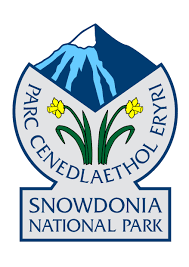
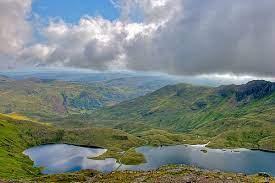
It follows a huge row over ‘Snowdon’ becoming ‘Yr Wyddfa’,and ‘Snowdonia‘ being named ‘Eryri’.
THIS plan proved highly contentious, and was greeted with much mirth in the UK media as well as beyond.
It even became the butt of jokes on the satirical BBC TV programme ‘Have I Got News For You’.
There are, however, any number of historical precedents for such changes:
- Abyssinia, an ancient African kingdom, became Ethiopia.
- Angora, the home of angora goats, became Ankara, the capital of Turkey.
- Bohemia was a European kingdom, but after World War I, the Czech people of Bohemia and Moravia joined the Slovaks of Slovakia to form the country of Czechoslovakia (which was divided in 1993 into the Czech Republic and Slovakia).
- Burma, was renamed Myanmar in 1989 by the military government.
- Ceylon changed its name to Sri Lanka, which means ‘splendid thing’.
- Constantinople was named after the Roman emperor Constantine, but when the Turks captured the city, they renamed it Istanbul – its official name from 1930.
- Cambodia is now Kampuchea.
- Mesopotamia, the fertile plain between the Tigris and Euphrates rivers, became Iraq.
- Peking is now known as Beijing.
- Persia changed to Iran.
- Prussia no longer exists, and after World War II, it was divided among Poland, East Germany, and the USSR.
- Southern Rhodesia is now Zimbabwe, while Northern Rhodesia is Zambia.
- Saigon, the capital of South Vietnam, became Ho Chi Minh City when the communists took over the country.
- St. Petersburg changed to Petrograd and then to Leningrad, but in 1991 it was changed back to St. Petersburg.
- Siam is now Thailand.
- Tanganyika and Zanzibar, united to become one country, Tanzania.
- Zaire, the name of one of the largest countries in Africa, changed its name to the Democratic Republic of Congo.
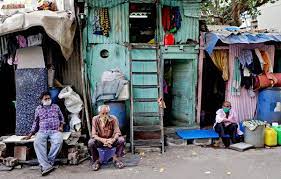
There are many others.
Mount Everest in fact has SEVERAL names. In Nepali it is सगरमाथा, which is romanized as: Sagarmāthā; In Tibetan it is Chomolungma ཇོ་མོ་གླང་མ; In Chinese it is 珠穆朗玛峰; In Pinyin it is Zhūmùlǎngmǎ Fēng.
Elsewhere, Bombay became Mumbai, and Calcutta became Kolkata.
The argument in favour of many (although not all) of these changes is that the ‘new’ names aren’t new at all – they are what local people have called them all along, and the previous names were an imperialist imposition.

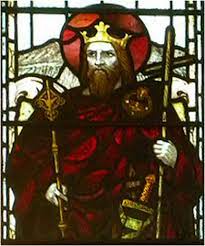
In Wales what is or what is not, the ‘correct’ name for a place is a political minefield, which I am wary of entering.
I do know, however, that it has always been vital when reporting a story that the right name should be used.
Often interviewees would be reluctant to give their name (for whatever reason), so there would be techniques to get it.
One was to pretend it had already been said, although I was caught out once using this!
“What was your name again?”, I asked a subject casually as I pretended he had already given it, when I was working as a reporter in newspapers.
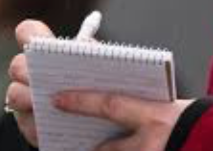
“I didn’t say it”, he retorted.
Let’s hope that is NOT the response from officials at Bannau Brycheiniog…
Phil’s memories of his astonishing decades long award-winning career in journalism (when using correct names was crucial) as he was gripped by the rare neurological disabling condition Hereditary Spastic Paraplegia (HSP), have been released in a major book ‘A GOOD STORY’. Order the book now!










